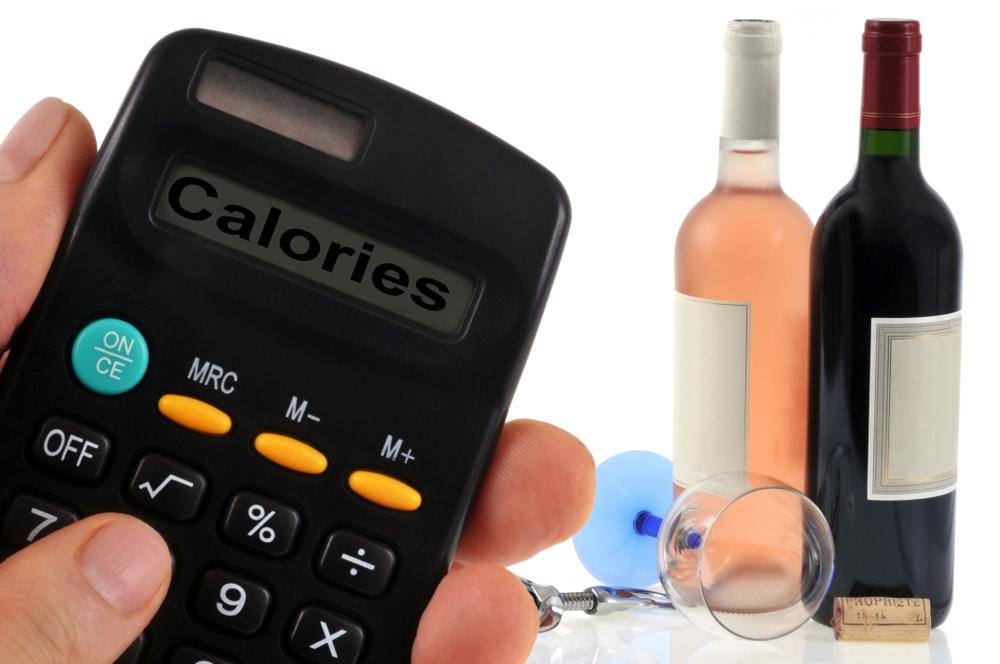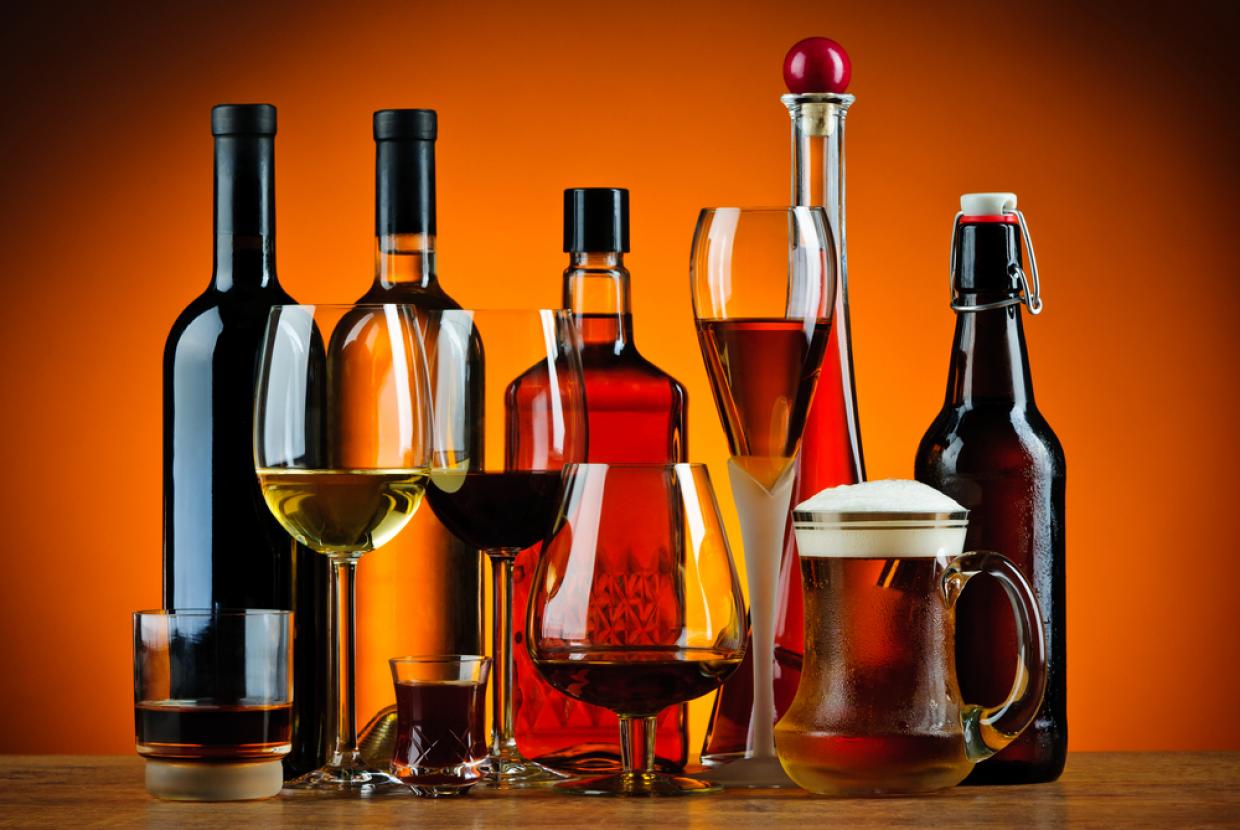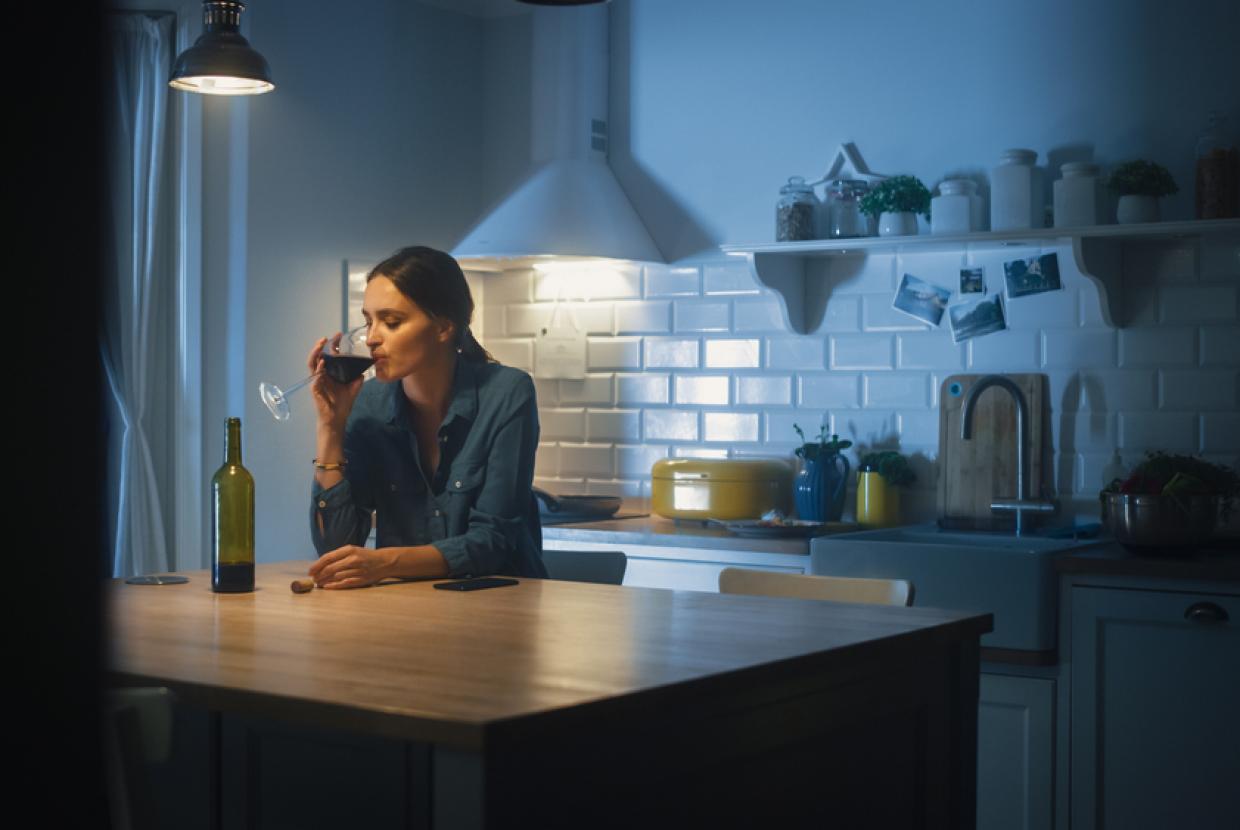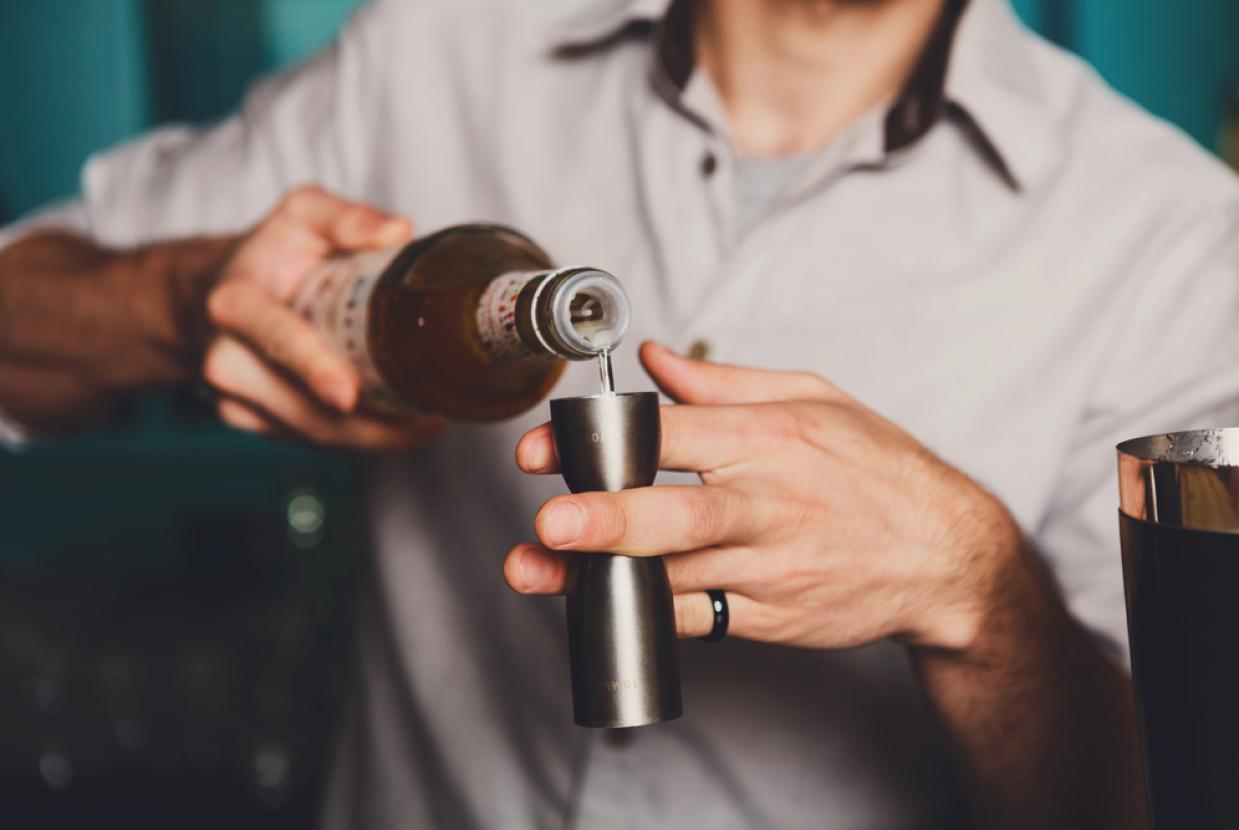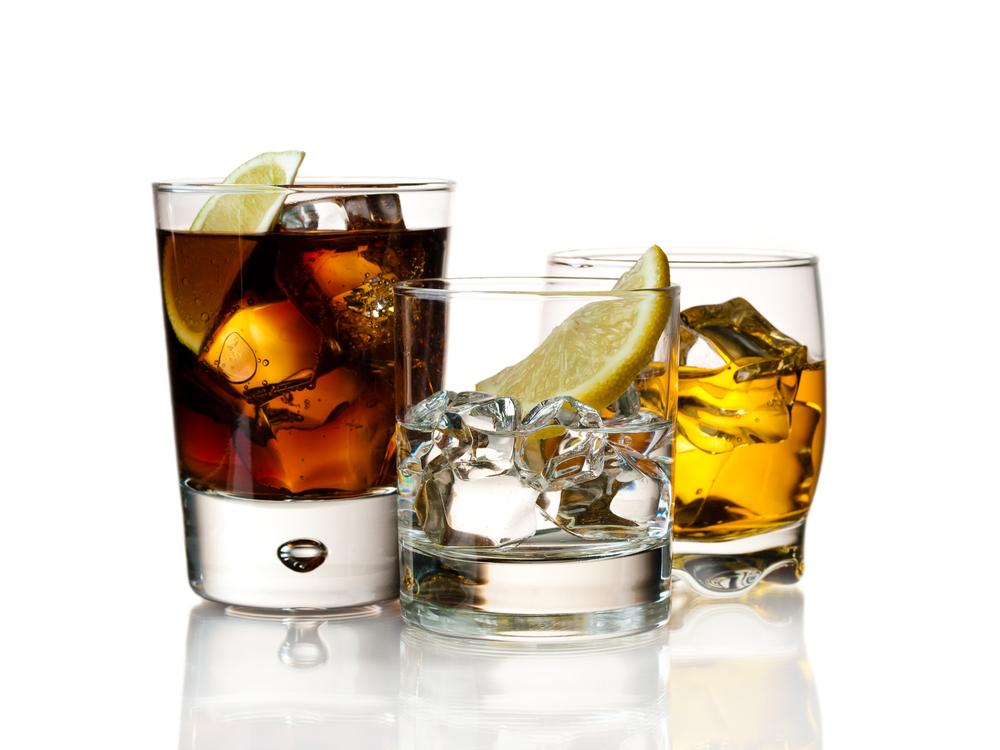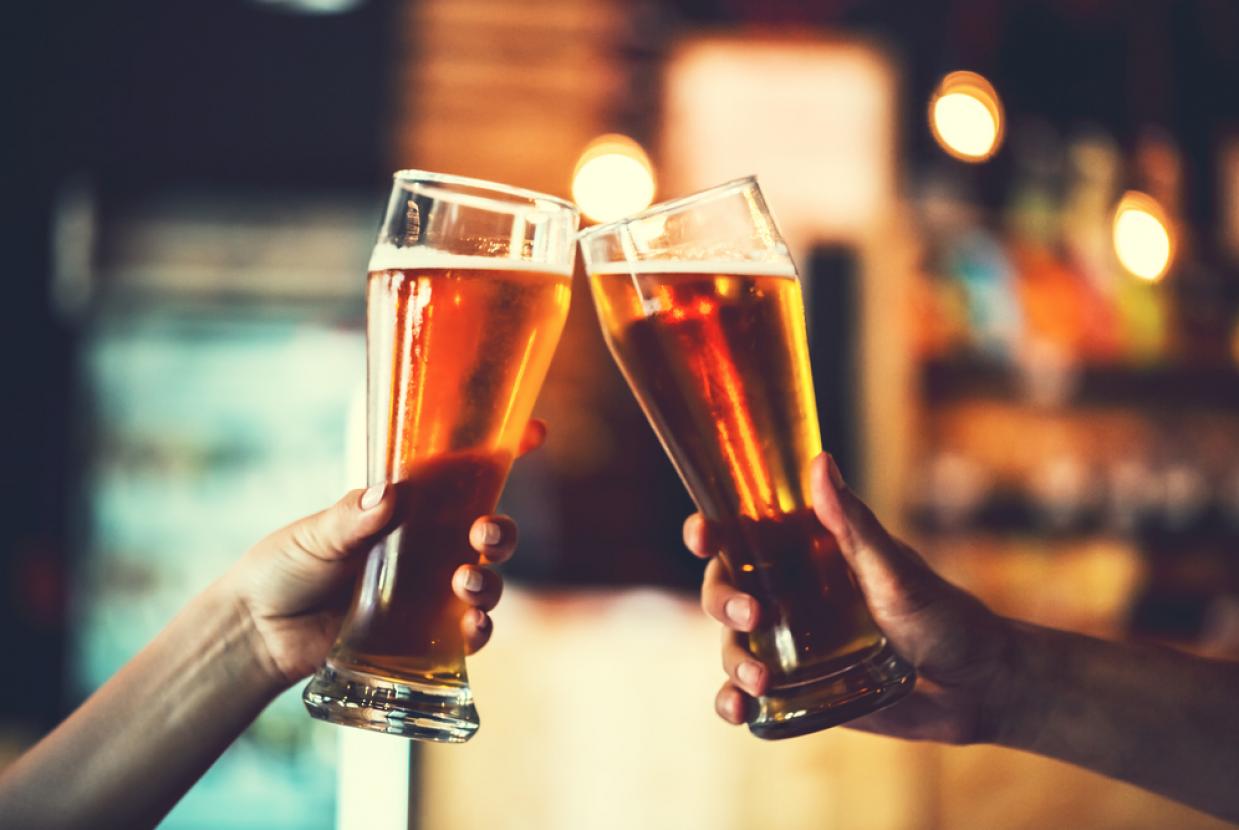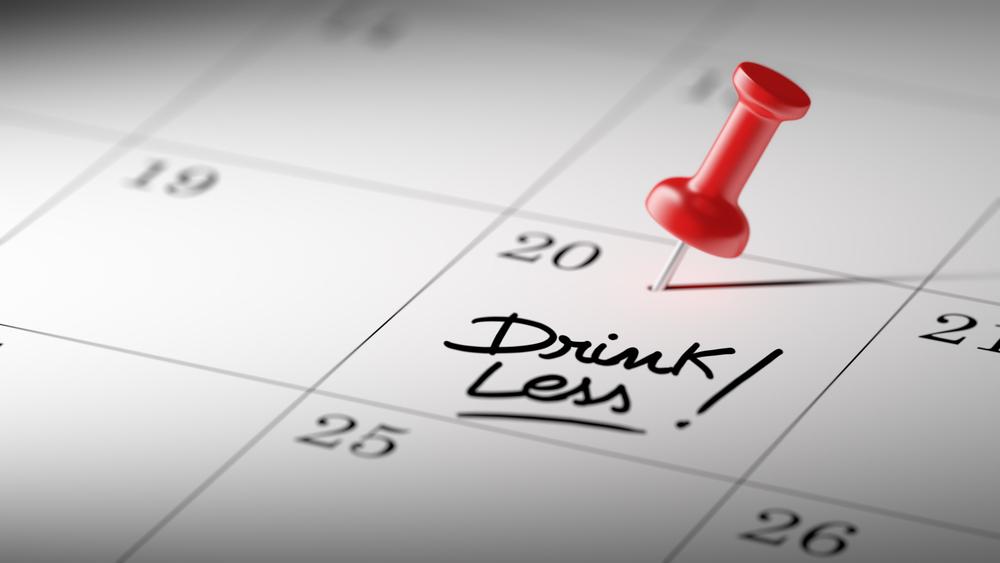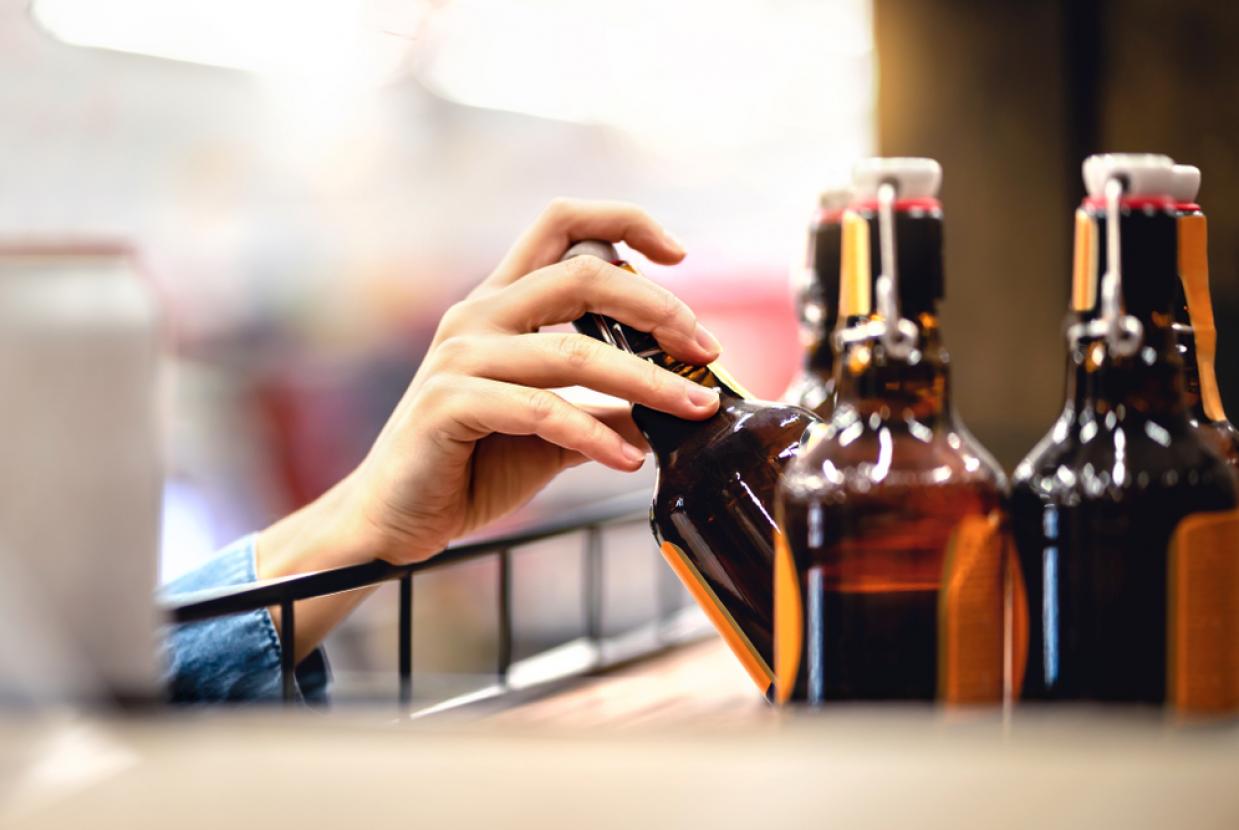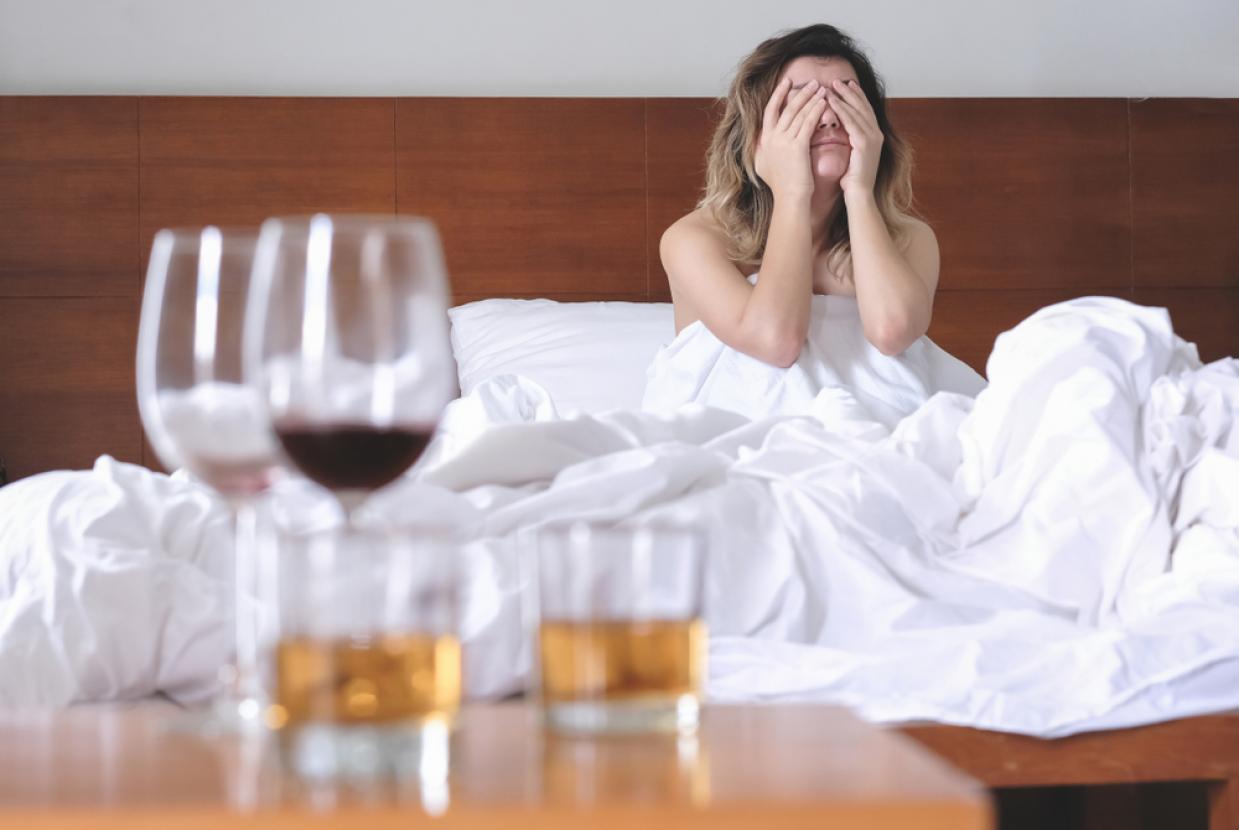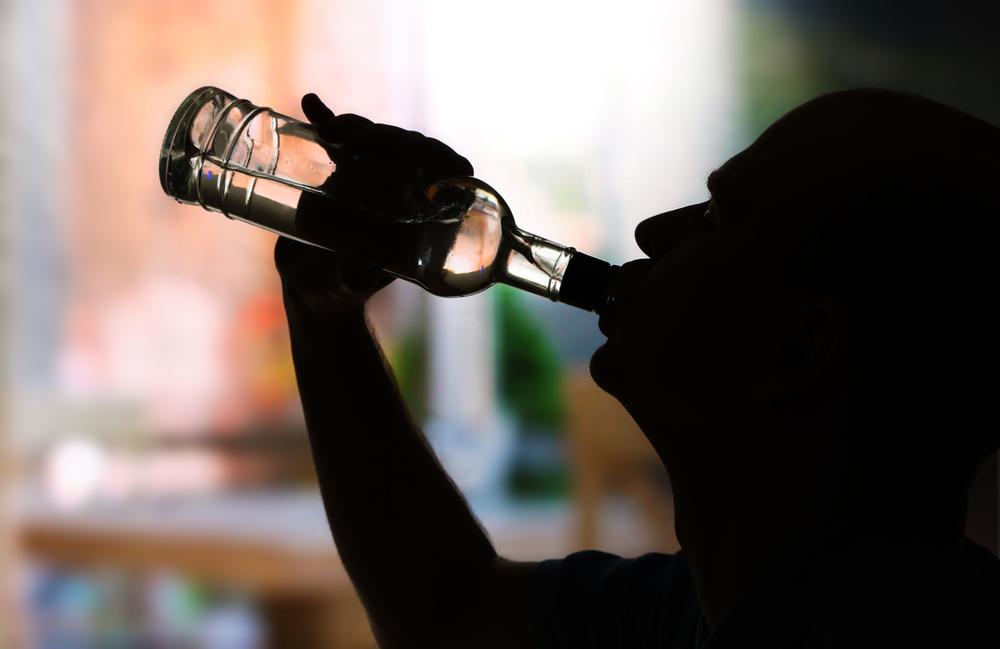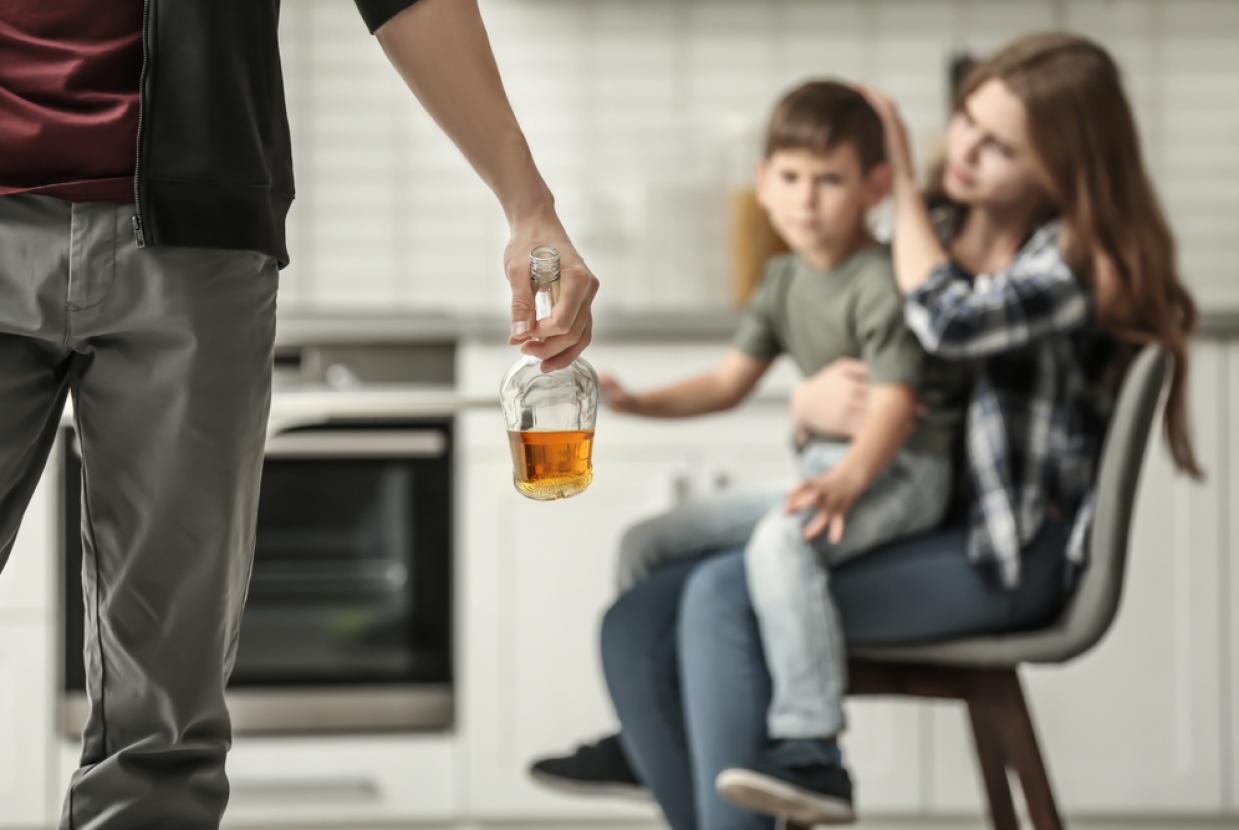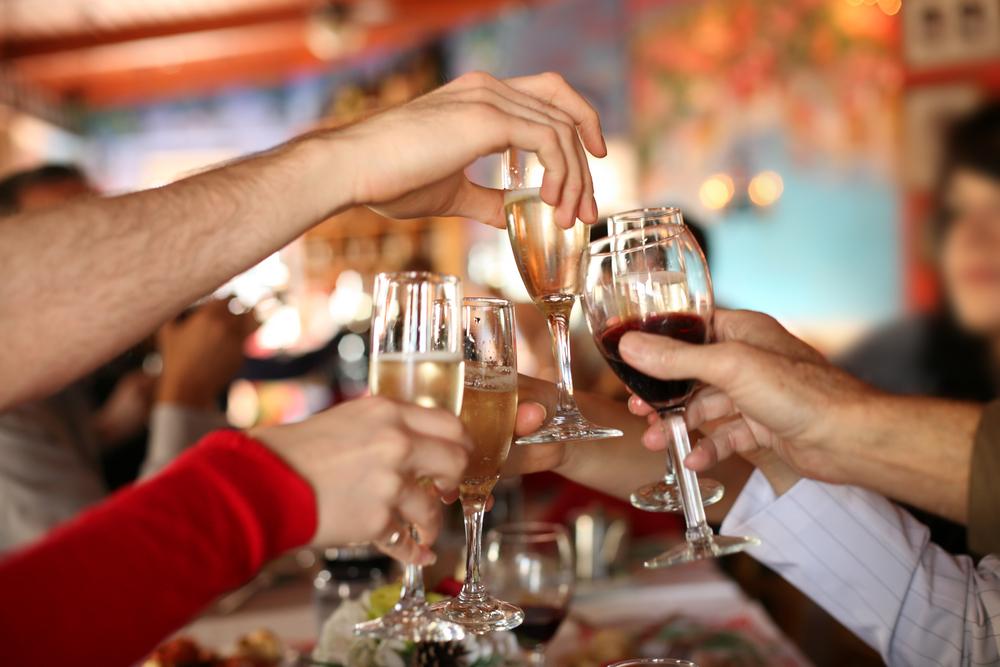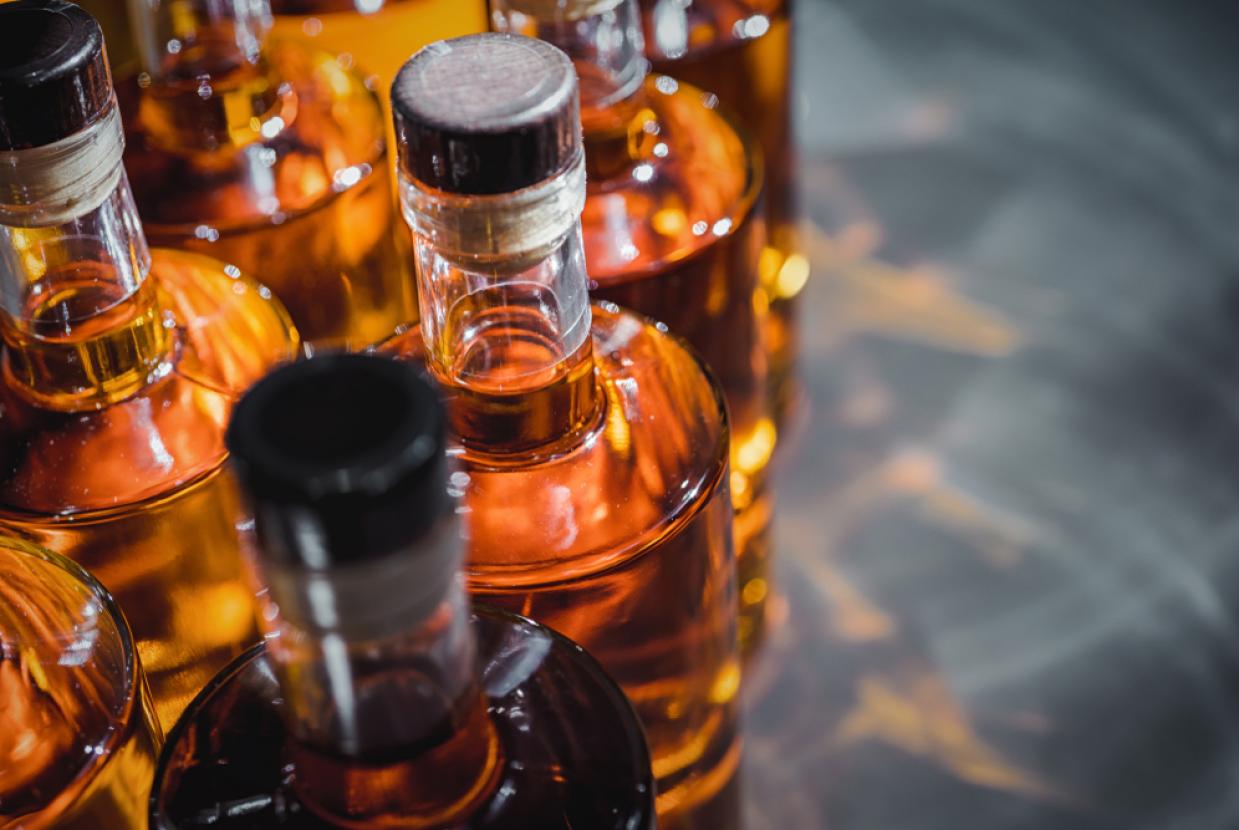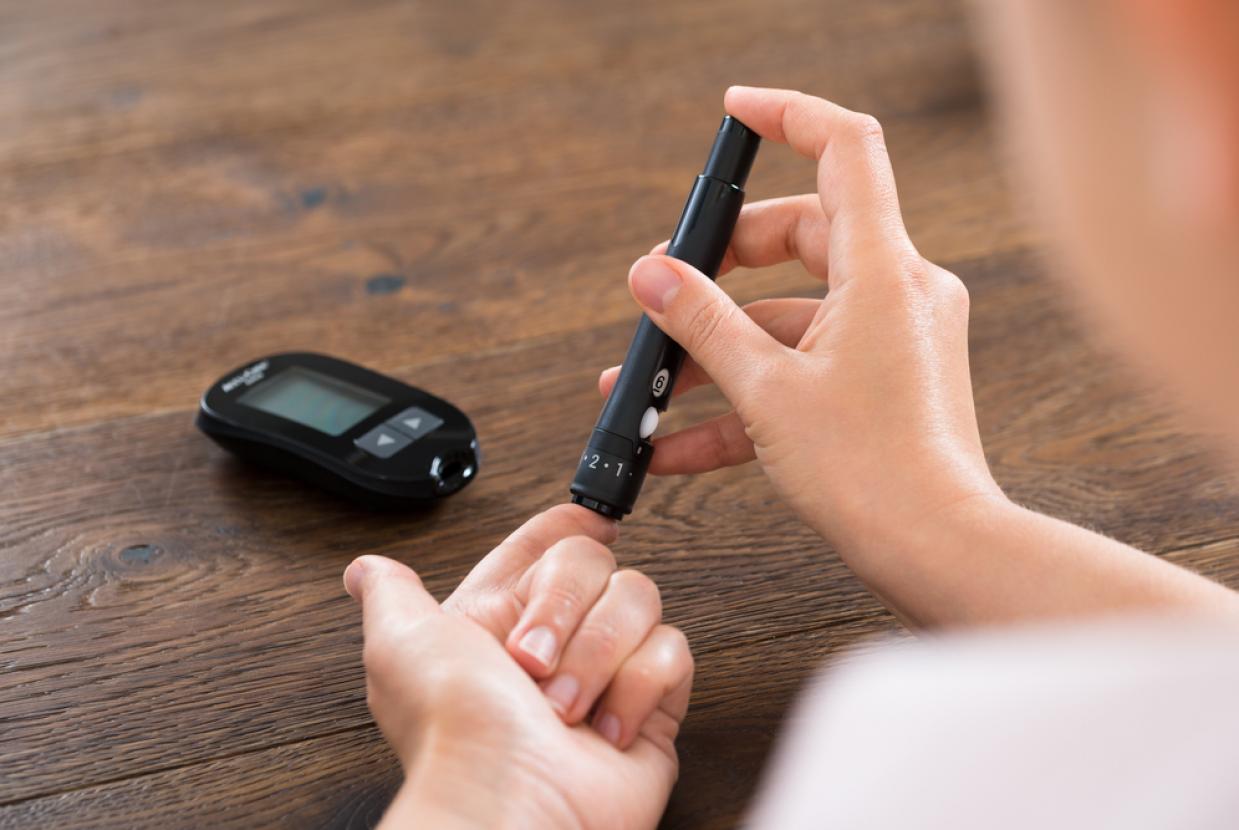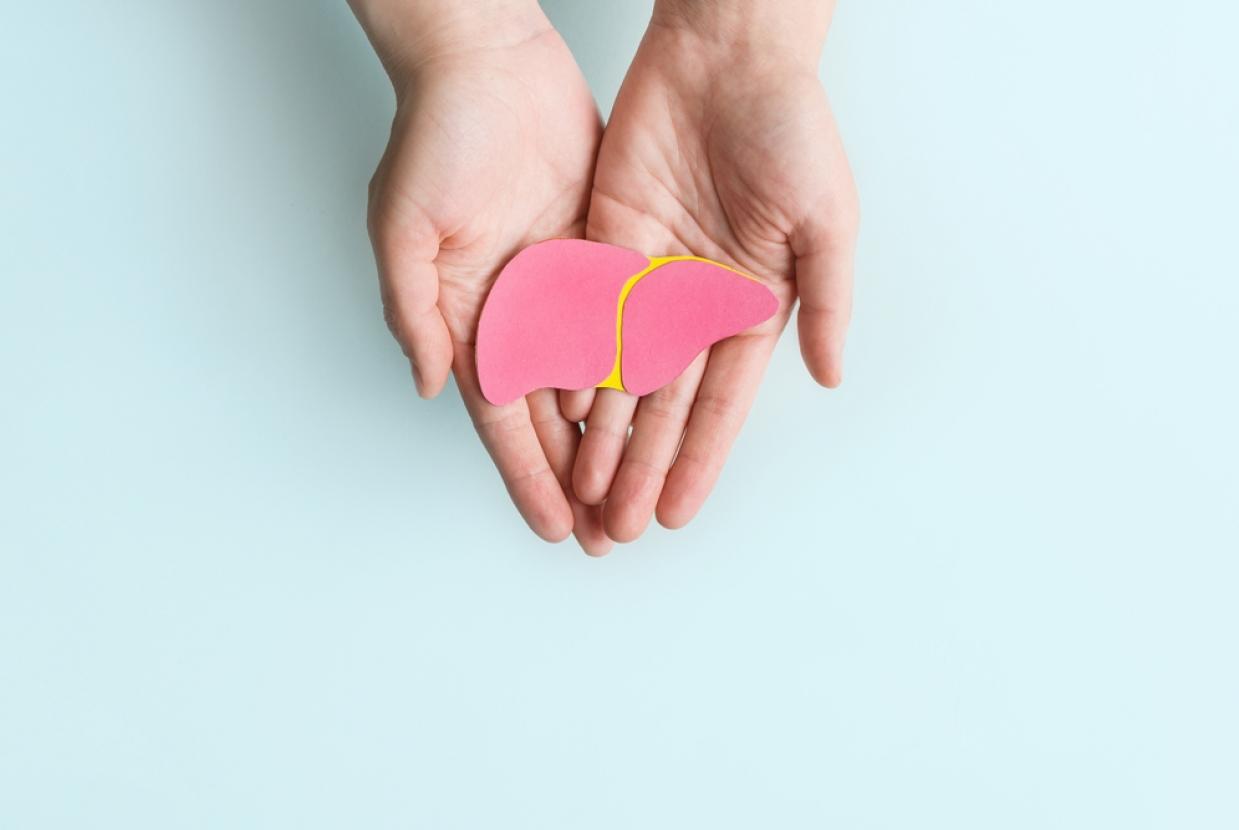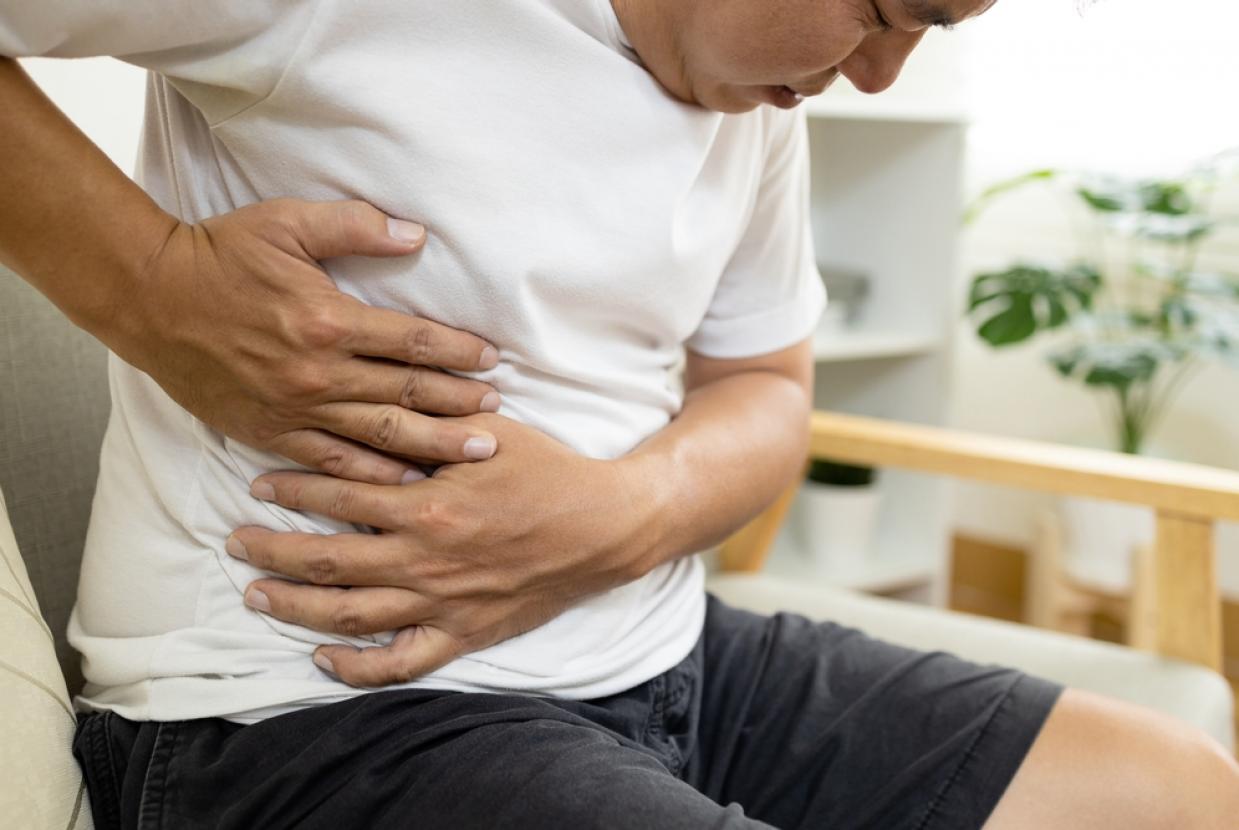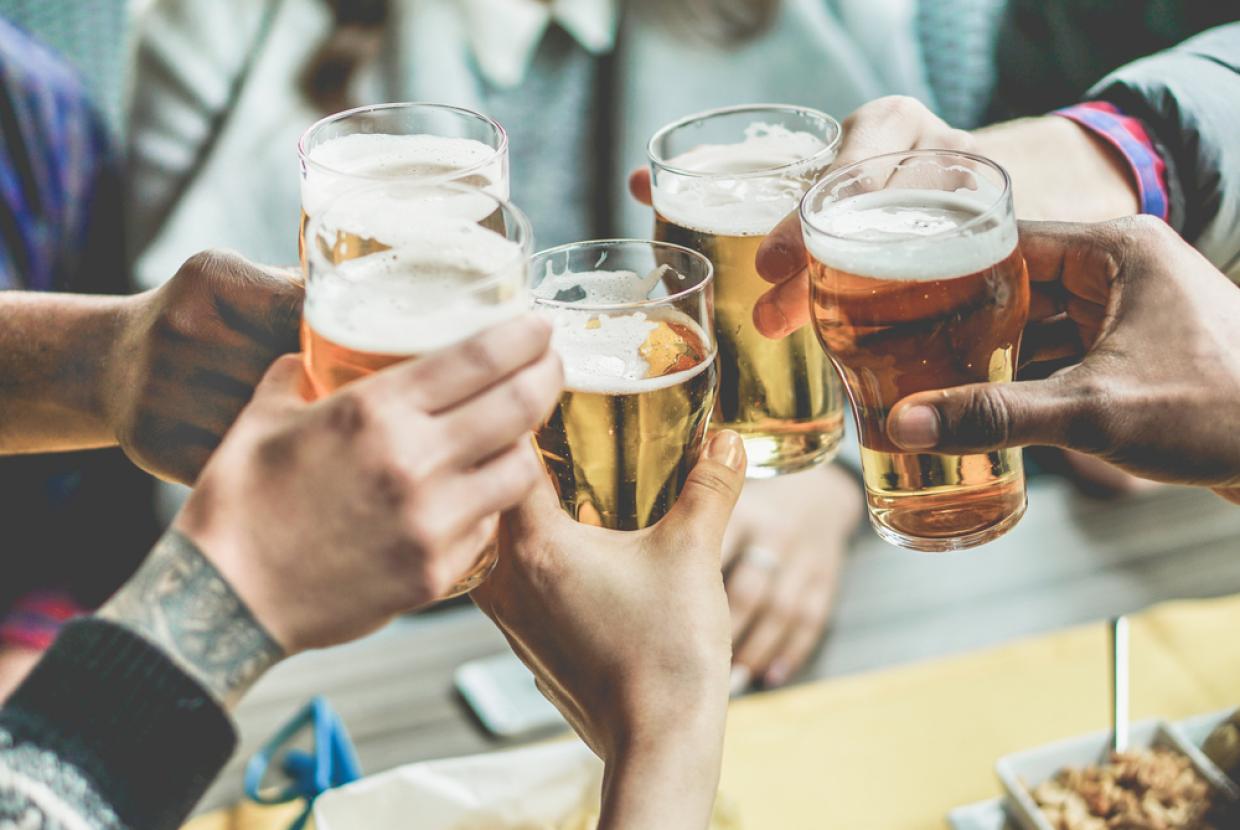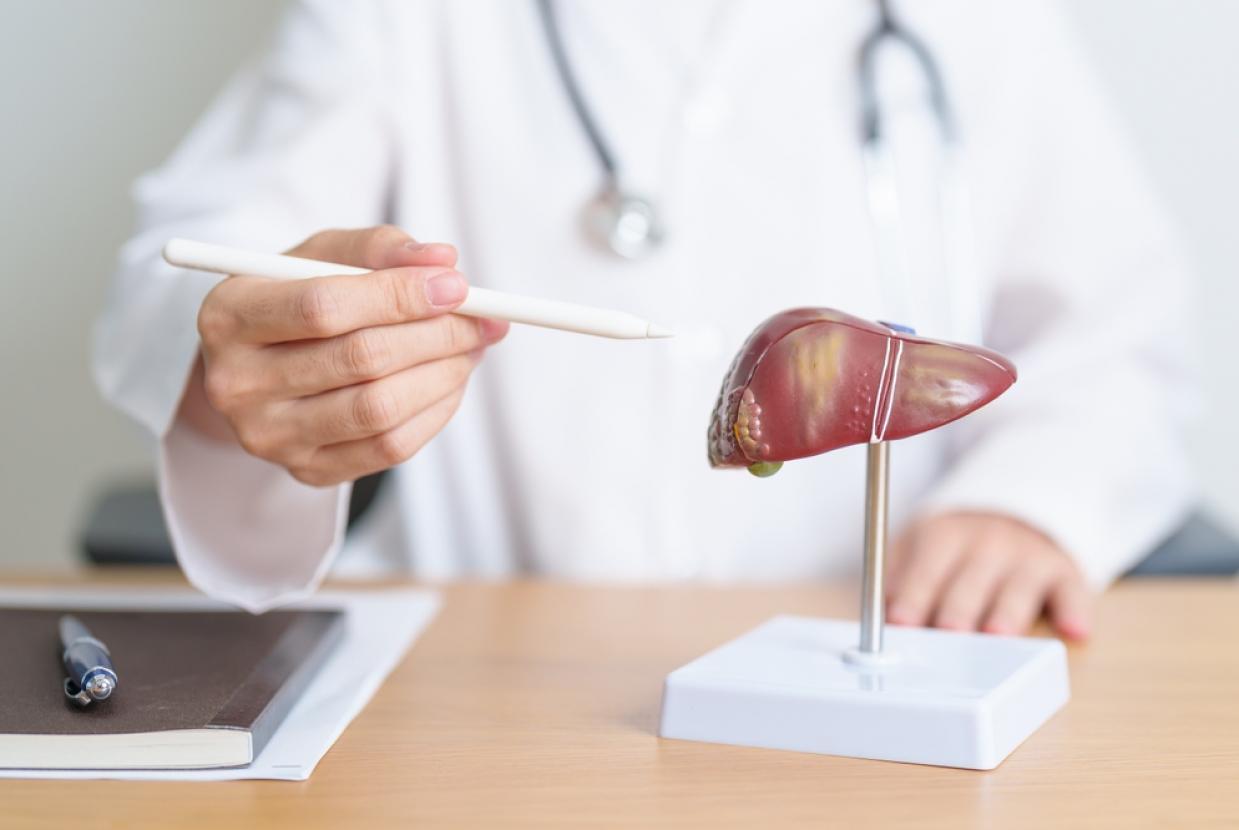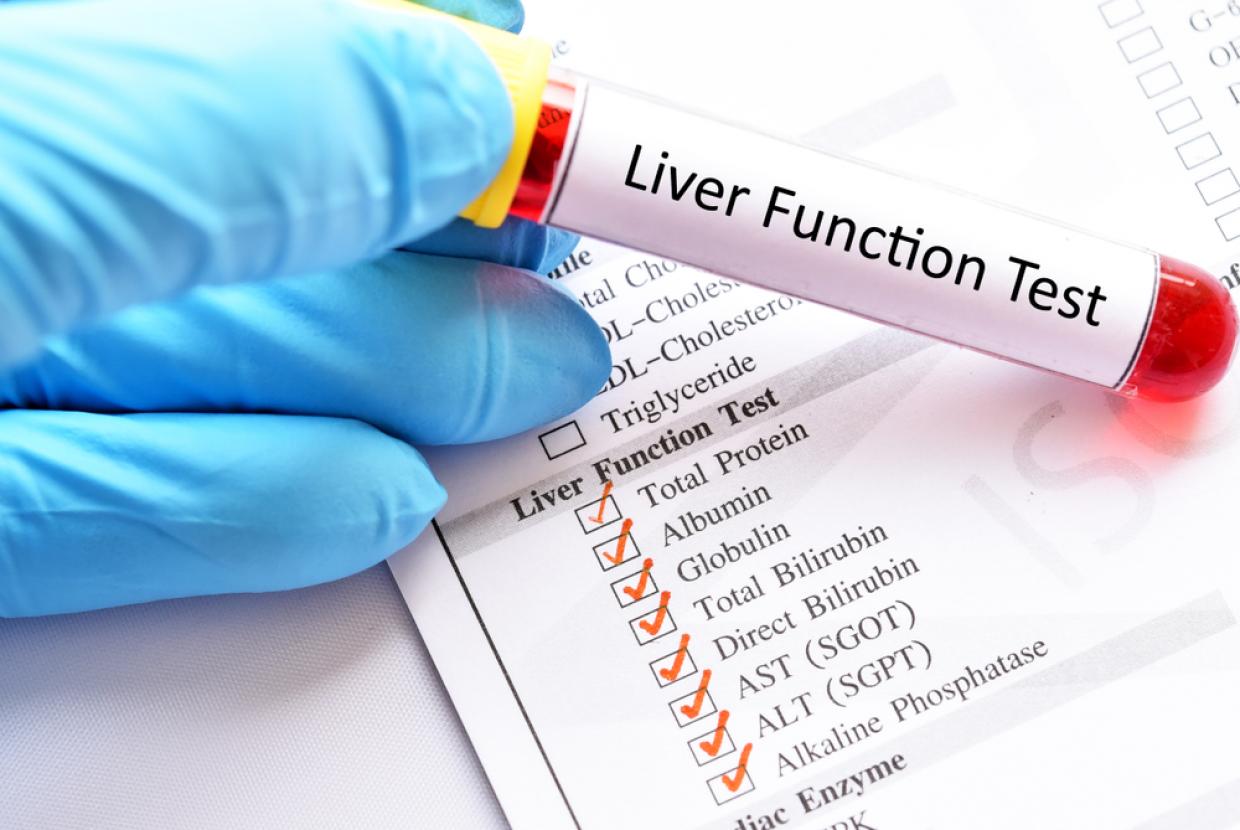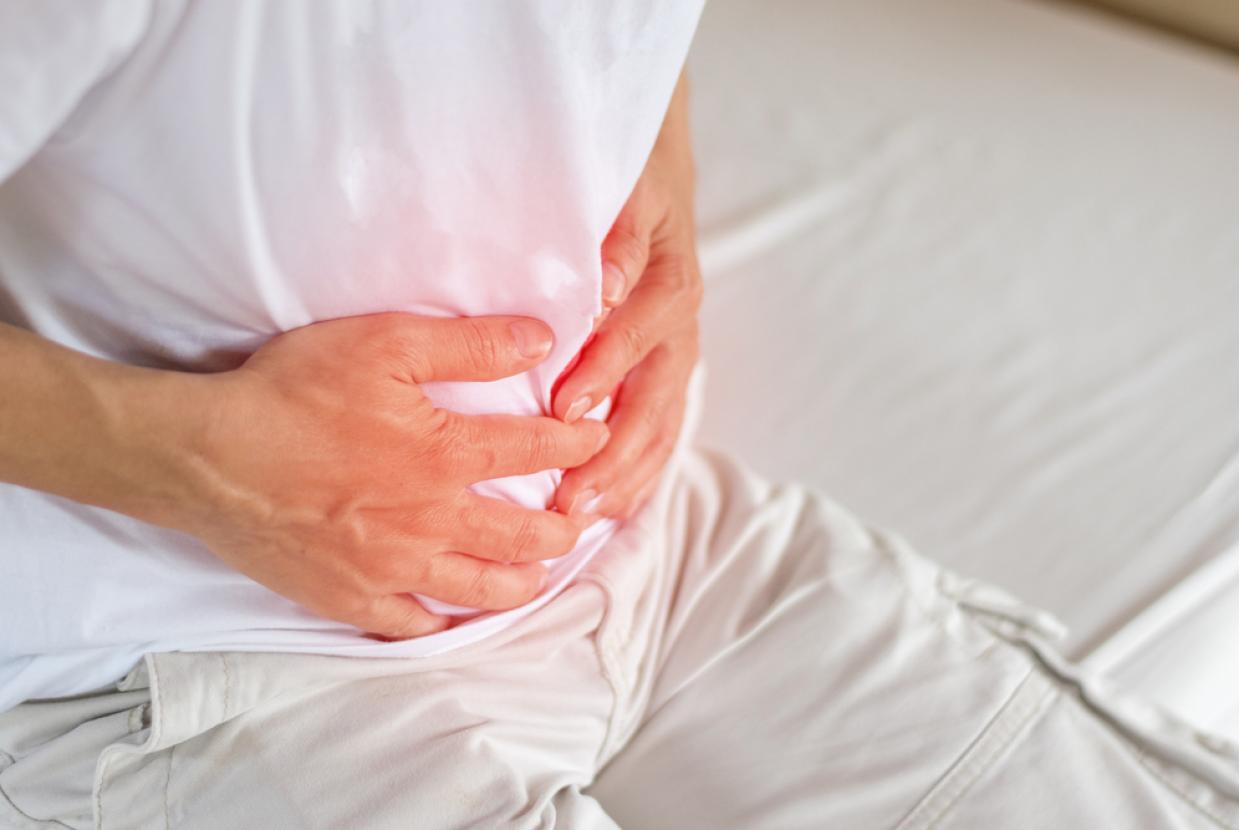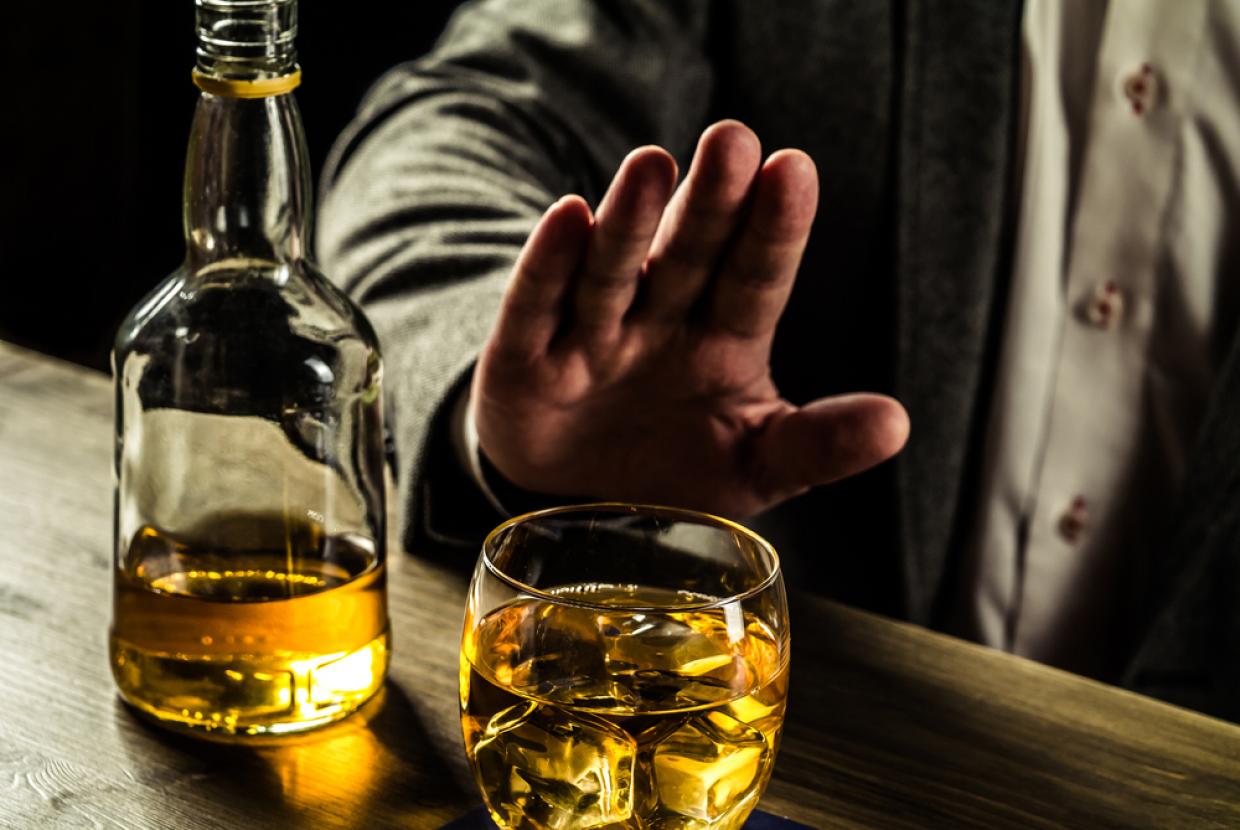Calories in alcohol
Did you know a standard glass of wine can contain as many calories as a piece of chocolate, and a pint of lager has about the same calorie count as a packet of crisps?
The average wine drinker in England takes in around 2,000kcal from alcohol every month.
Drinking 5 pints of lager a week adds up to 44,200kcal over a year, equivalent to eating 221 doughnuts.
Liquid calories| Drink | Calories (kcal) | Food equivalent |
|---|---|---|
| A standard glass (175ml) of 12% wine | 126kcal | 1 Cadbury Chocolate Mini Roll |
| A pint of 5% strength beer | 215kcal | 1 packet of McCoy's salted crisps |
| A glass (50ml) of (17%) cream liqueur | 118kcal | 1 Milky Way bar |
| A standard bottle (330ml) of 5% alcopop | 237kcal | 3 Lees teacakes |
| A double measure (50ml) of 17.5% fortified wine | 65kcal | 1 Asda bourbon biscuit |
You can find out the calories in many more drinks using the Drinkaware unit and calorie calculator.
Weight gainWine, beer, cider, spirits and all our favourite drinks are made from natural starch and sugar. Fermentation, and distillation for certain drinks, is used to produce the alcohol content.
This helps explain why alcohol contains lots of calories – 7 calories a gram in fact, almost as many as a gram of fat. And, of course, additional calories can be present in added mixer drinks.
Regularly drinking more than the NHS recommends can have a noticeable impact on your waistline as well as cause less obvious but more serious health problems.
Tips to avoid weight gain:
- Men and women are advised not to regularly drink more than 14 units a week, which is equivalent to 6 pints of average strength beer or 10 small glasses of low strength wine.
- Alternate an alcoholic drink with a glass of water – this will help to prevent you becoming dehydrated.
- Don't drink on an empty stomach. If you do reach for snacks while drinking, opt for a healthier option.
- Drinking in rounds can mean you end up drinking more than you intended. Opt out and drink at your own pace.
- Try cutting down with a friend, as you'll be more likely to stick to it with moral support.
- Eat a healthier dinner before you start drinking. Order or cook before you start drinking so you're not tempted to go for the less healthy options.
- Pace yourself by taking small sips.
- Avoid "binge drinking" – it's not advisable to "save up" your units to splurge at the weekend.
- If you're drinking white wine, why not add a splash of soda water to help the same number of units last longer?


